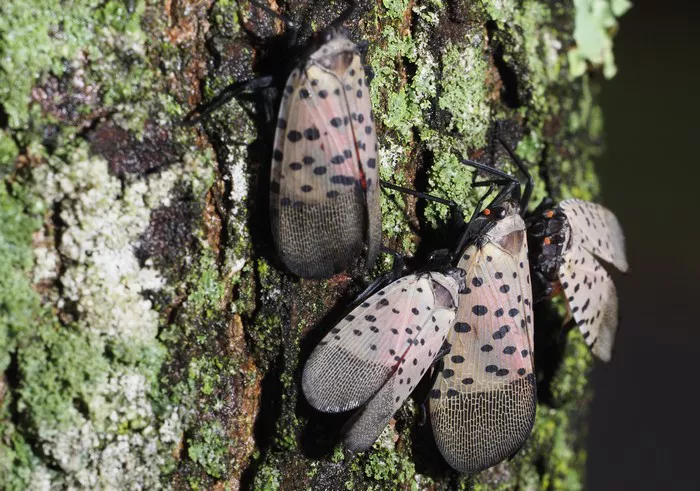As Michigan enters the height of camping season, the Michigan Department of Agriculture and Rural Development (MDARD) has issued a public reminder encouraging campers and outdoor enthusiasts to remain vigilant against the spread of invasive plant pests and diseases. The department emphasized the importance of individual responsibility in preserving Michigan’s natural beauty and rich biodiversity.
Tim Boring, Director of MDARD, highlighted the critical role the public plays in protecting the state’s forests, wildlife, and agricultural resources. He noted that simple actions, such as sourcing firewood locally, can have a meaningful impact on preventing the introduction and spread of harmful organisms. The department’s May 19 release underlined the dangers of transporting untreated firewood, which can inadvertently carry invasive pests across long distances and introduce them to new environments.
Currently, there are 31 species on Michigan’s invasive species watch list, which includes insects, mammals, plants, fish, and aquatic animals. Among the most concerning are the Hemlock woolly adelgid, Asian longhorned beetle, and Oak wilt. These particular species can be nearly impossible to detect when hiding in bundles of firewood. According to MDARD, more than 140 pests and plant diseases can travel in or on untreated firewood and may not emerge until they are hundreds of miles from their original location, where they can inflict severe damage on local ecosystems.
The Michigan Invasive Species website warns that even a single bundle of infested firewood can serve as a vector for “tree killers” capable of decimating native forests. It states that invasive insects and diseases have already led to the deaths of millions of trees in Michigan, often as a result of short-distance firewood transport within the state. Once these invasive elements establish themselves, they become long-term economic and environmental burdens.
Invasive species, as defined by the U.S. Department of Agriculture, are organisms that are non-native to a particular ecosystem and cause harm to that ecosystem. Their presence can jeopardize native species, reduce biodiversity, and impair the ecosystem services that support agriculture, forestry, and recreation. They also threaten water resources, public safety, infrastructure, and property values.
To counter the spread of these harmful species, MDARD and conservation groups such as The Nature Conservancy have recommended several preventive measures. Campers are advised to buy firewood close to where they plan to burn it, opt for certified heat-treated firewood when transportation is unavoidable, and leave any unused firewood at the campsite. Other suggestions include thoroughly cleaning boats before moving to different water bodies, cleaning boots and bags after hikes, properly disposing of food waste, and avoiding the release of aquarium plants or animals into the wild.
The ecological and economic consequences of invasive species are far-reaching. In Michigan, they pose a significant threat to the state’s nearly $126 billion food and agriculture industry. They also harm native plants and trees, reduce biodiversity, damage wildlife habitats, and interfere with recreational activities. Additionally, the presence of invasive species may trigger quarantines or impose restrictions on communities and businesses.
MDARD encourages residents to report any sightings of the species on the state’s watch list. Submissions should include a photograph and the location of the sighting to assist in rapid identification and response efforts.
Among the invasive insects and tree diseases currently on Michigan’s watch list are the Asian longhorned beetle, Balsam woolly adelgid, Beech leaf disease, Hemlock woolly adelgid, Mountain pine beetle, Spotted lanternfly, and Thousand cankers disease. Each of these presents a unique threat to Michigan’s natural and cultivated landscapes, and their spread could result in long-term consequences for the state’s environmental and economic health.
Related Topics
- Wild Camping Restrictions in France Explained
- Tranquil Getaway: Elk Neck Campground Offers Scenic Coastal Camping in Maryland
- Chilly Start Doesn’t Deter Campers as UP Camping Season Begins

